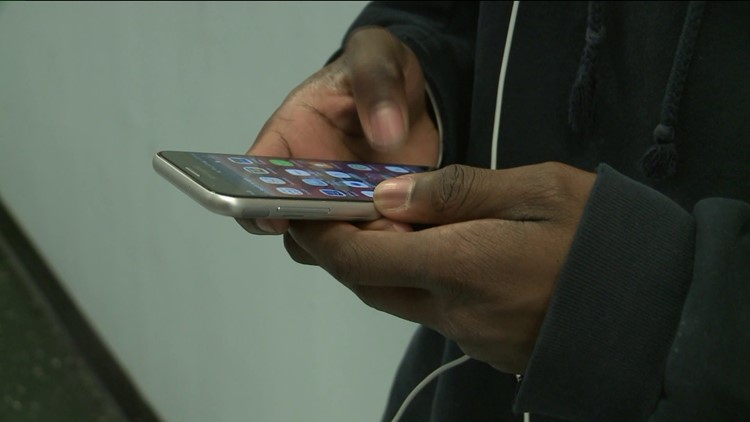Grandparent scam — Law Enforcement agencies regularly receive reports of this activity which has been dubbed “The Grandparent Scam”. Callers pretend to be the grandchild, an attorney, friend or other official, asking for money to be sent by a wire transfer or mailed for ransom, bond money or medical treatment. It’s often mailed to various locations including popular vacation destinations in other countries.The FBI advised people of these warning signs:
- Incoming calls come from an outside area code, sometimes from Puerto Rico with area codes (787), (939) and (856)
- Calls do not come from the kidnapped victim’s phone
- Callers go to great lengths to keep you on the phone
- Callers prevent you from calling or locating the “kidnapped” victim
- Ransom money is only accepted via wire transfer service
If you receive a phone call from someone who demands payment of a ransom for a kidnapped victim, the following should be considered:
- Try to slow the situation down. Request to speak to the victim directly. Ask, “How do I know my loved one is okay?”
- If they don’t let you speak to the victim, ask them to describe the victim or describe the vehicle they drive, if applicable.
- Listen carefully to the voice of the kidnapped victim if they speak.
- Attempt to call, text, or contact the victim via social media. Request that the victim call back from his or her cell phone.
- While staying on the line with alleged kidnappers, try to call the alleged kidnap victim from another phone.
- To buy time, repeat the caller’s request and tell them you are writing down the demand, or tell the caller you need time to get things moving.
- Don’t directly challenge or argue with the caller. Keep your voice low and steady.
- Request the kidnapped victim call back from his/her cell phone.
Anyone with information about the virtual kidnappings can call the FBI at 212-384-1000.



